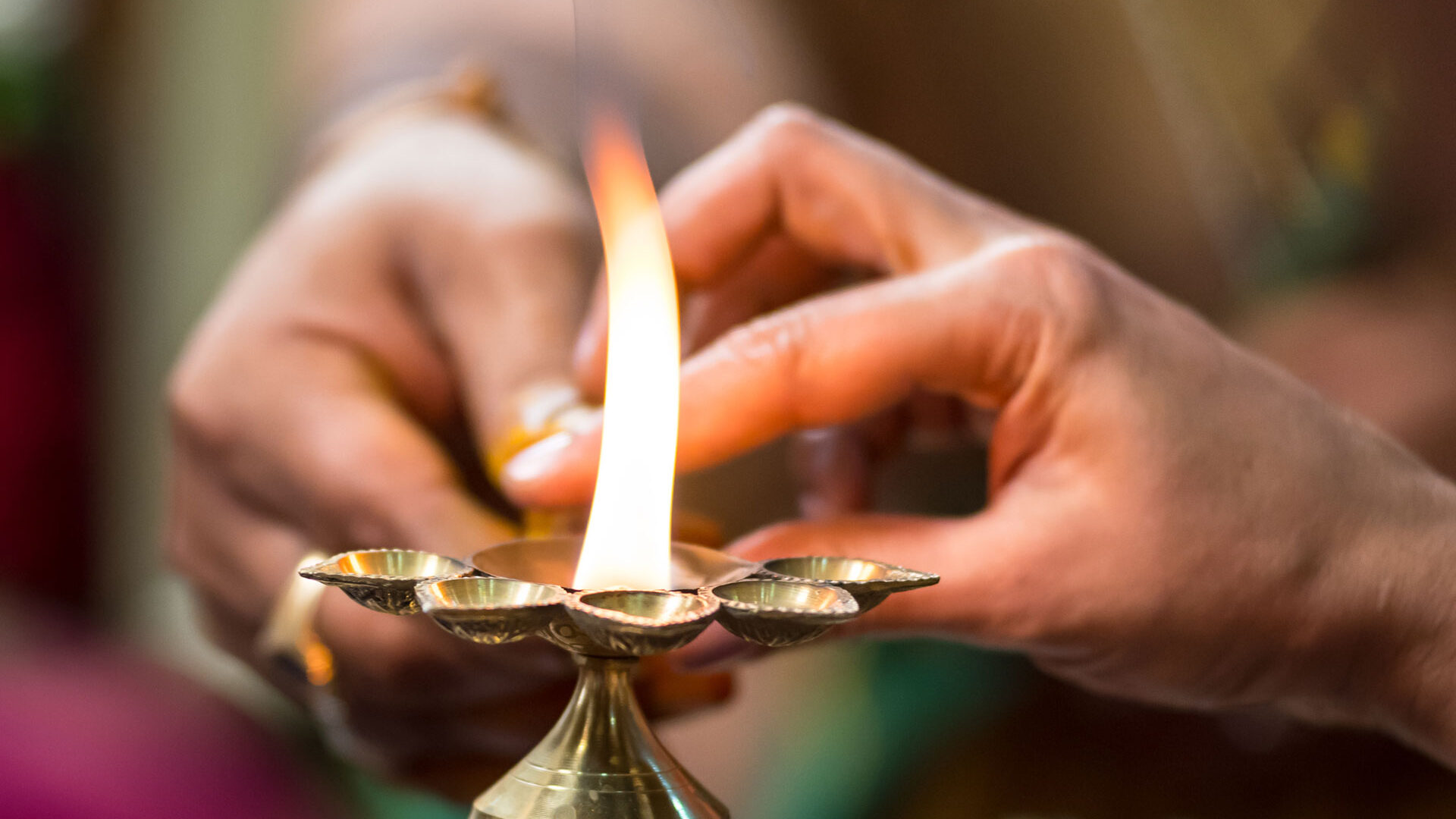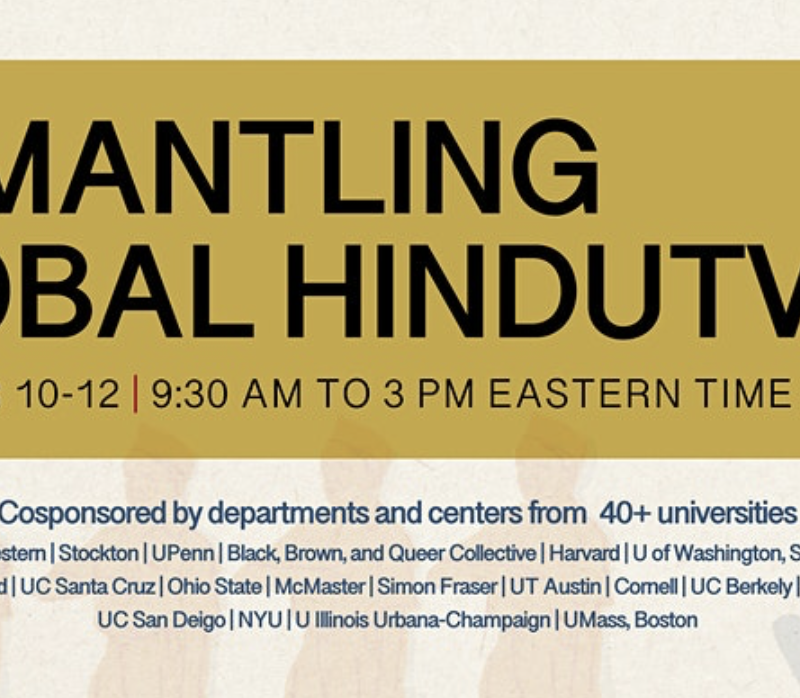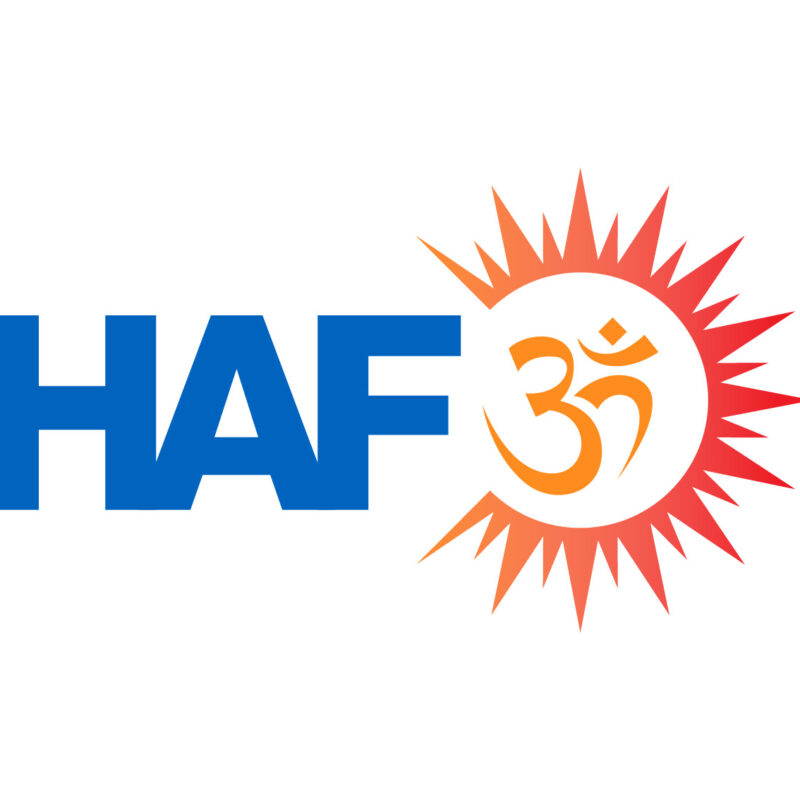
It’d be easy to believe Dismantling Global Hindutva at their word that they don’t equate Hindutva and Hinduism if their speakers didn’t have a track record of criticising one and demeaning the other in the same breath.
The positive response to our campaign urging universities to clarify their support for the upcoming Dismantling Global Hindutva conference has been overwhelming.
Approximately 1 million emails were sent to university administrators through our grassroots campaign supporting what has become a global cause — so many in fact that technical limitations forced us to shut it down and move to a petition instead.
But, one criticism we’ve gotten by otherwise seemingly supportive Hindus is that Hindutva is not Hinduism, that the conference organizers themselves have made this distinction, and that we at HAF are the ones saying they are the same thing — that criticizing Hindutva is a criticism of Hinduism.
To the average person, not familiar with the speakers or their ideological positions, it is easy to take the organizers at their word.
And without the conference defining these terms in a way that is broadly accepted, it’s difficult to understand the distinction that they claim to have delineated. Whereas Western academia and political activists define it as a “hardline” nationalist movement associated with the Rashtriya Swayamsevak Sangh (RSS), a good portion of the Hindu population think of Hindutva simply as a sense of “Hinduness.” The Supreme Court of India has defined Hindutva as “related more to the way of life of the people in the subcontinent.” And in Hindu social media and activist circles, some say Hindutva is a “Hinduism that resists” to anti-Hindu bigotry and hatred. Point is, there is a great deal of viewpoint diversity on the meaning of Hindutva and the event participants have zero interest in engaging that reality.
Hindu on Campus, a grassroots student movement, has shown how murky the conference participants themselves have made these waters.
You have a speaker trying to blame the killing of a Muslim women by her brothers on Hinduism. You have another saying it is Hindu priests to blame for people discarding their covid dead directly in rivers without cremation. You have multiple other speakers whose primary lens for viewing Hindu epics and sacred texts is that they are rooted in misogyny and caste oppression.
The conference organizers state that Hinduism is at the root of the social inequities in India. Leave aside the ignorant dismissal of factors like secular economic policy, colonialism and the post-colonial response to that history, globalization, corporatism and neoliberal politics because of their inconvenience in such a statement for a moment. This insistence on injustice being rooted in Hinduism is enough to prove that any distinction between Hindutva and Hinduism is an insincere one when it comes to respecting the humanity of 1 billion Hindus across the planet. If this were about the criticism of a political ideology, why are they laying the groundwork to make it acceptable to demonize as inherently bigoted all who follow the religion?
Hinduism has, on a foundation of distinct, shared concepts like the oneness of existence, dharma, and pluralism, long embraced a diverse range of spiritual perspectives and interpretations of its teachings, practices, and sacred texts. One of the most beautiful aspects of Hindu thought is that there is no single way to interpret a text or one right way to be a Hindu.
This acceptance of diversity, even when this diversity has contradictory or contested elements, is part of the unity of Hinduism. Being able to hold these things together is one of the defining elements of the tradition.
Which is part of the reason we at HAF haven’t asked for this conference to be cancelled, for speakers to be removed, or for voices to be silenced.
What we are doing is adding more voices to the discussion, adding pro-Hindu voices to what seems to be a conference built on anti-Hindu sentiment and bias.








































